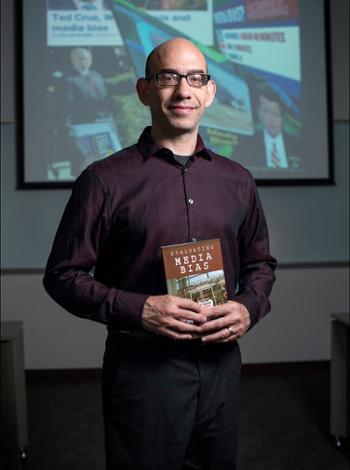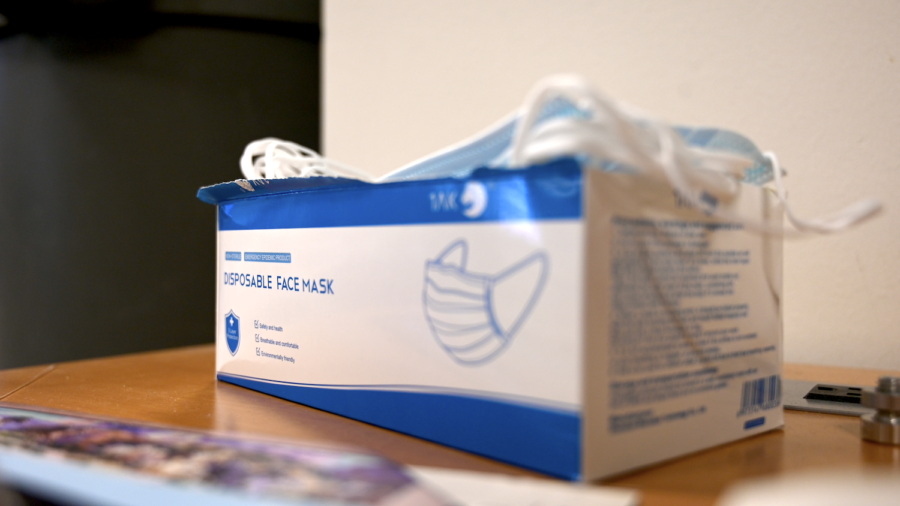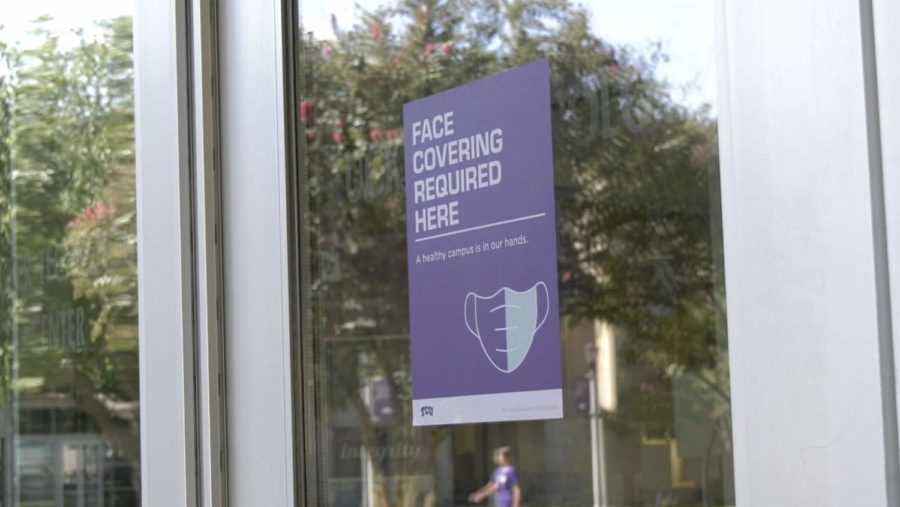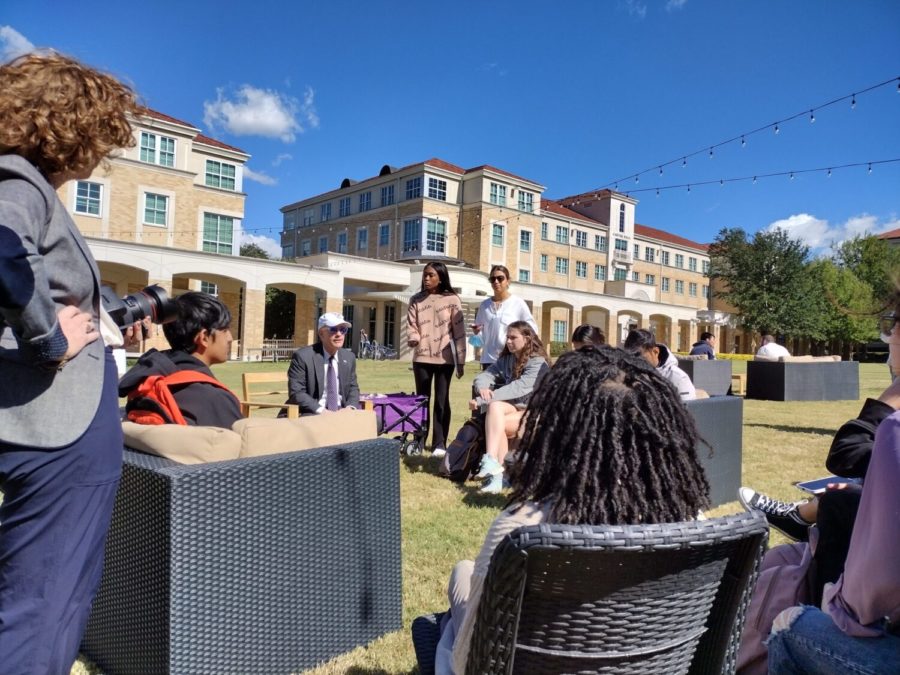Students who don’t capture the elusive “A” this semester can opt instead for a simple “P.”
With students adjusting to distance learning for the remainder of the semester, TCU has made new changes to the pass/no credit policy for this semester.
TCU announced April 7 the deadline to elect pass/no credit classes has been extended to May 15, after finals and class grades have been determined.
Pass/no credit courses are only graded with either a “P” or “NC” and are not calculated in the student’s GPA. Students who earn better than a C- will earn a “P” and will earn credit hours for the course, but students who earn a D+ or worse will receive a grade of “NC” and not earn credit hours.
Hannah Garcia, a junior CRES and history double major said she is happy about the new policy.
“I think that it is a positive change that has been put into effect because for the majority of students and myself specifically, we did not sign up for online classes, and a lot of said classes were not intended to be carried out online,” she said. “While I am not sure that I will elect to make any of my classes P/NC, it is nice to know that it is always an option.”
In announcing the change, Associate Vice Provost for Student Success Annorah Moorman said TCU realized that “most students will have decided whether to elect P/NC before that date but wanted to do everything we can to support.”
Shortly after announcing the transition to distance learning for the remainder of the semester, TCU pushed back the deadline for the election of P/NC classes to April 27.
An effort to reduce stress
TCU is following a trend set by some of the country’s elite institutions.
Northwestern University recently announced a “universal Pass/No Pass” system for undergraduates this spring quarter. This decision caused much debate with students, as some praised it while others believed it should be optional, the Daily Northwestern reported.
Along with Northwestern, Harvard, Stanford and Columbia have announced a similar variation of a university-wide pass/fail policy.
Other institutions such as Yale, University of Pennsylvania and Princeton have made a pass/fail policy optional for students.
Some TCU professors support the new pass/no credit system because they think that the stresses of the coronavirus should be mitigated for students as much as possible.
Dr. Eric Simanek, the chair of the organic chemistry department, said that “compassion, understanding and generosity are the appropriate default.”
He said he thinks it’s important to minimize changes to the standard of curriculum and methods of evaluation, but this goal is a challenge because students are taking their online classes in different environments.

Simanek said having online classes raises the expectations and self-responsibility for students to learn the curriculum in their major courses, because they will need to know that information for their future classes.
“At some point, the material that is conveyed in someone’s major classes is going to be relevant to their success in the future,” he said. “So my advice is that students shouldn’t change the expectations of themselves.”
Dr. Adam Schiffer, an associate professor of political science, said he supports this policy because it’s the best decision that can be made given the circumstances.
“There’s no perfect solution, so you have to try to come up with the best possible answer given the inequities in student access to the internet and a private work environment, as well as having any family responsibilities,” he said.

Schiffer said being gracious with grades in these uncertain times is “not going to undermine the value of anyone’s degrees.”
He said the new pass/no credit system shouldn’t cause professors to make any changes to the curriculum, because the professor won’t know if a student elects to pass/no credit the class until the final grade is submitted.
“I’m doing things as planned and airing on the side of generosity,” he said. “There will be more B’s this semester than there would be in a typical class, and that doesn’t bother me at all.”
Schiffer said he can’t predict whether students’ motivation will be affected by the new system, but he has decided there are other factors about which to worry.
“So many students are in precarious situations: such as students whose parents have lost their jobs and students who have a difficult work environment,” he said. “If it happens that a student finds the semester too easy, or lacks the motivation, I can’t worry about that because I have chosen to go on a path that minimizes stress, annoyance, and inequity.”
Ella Gunn, a communication studies major, said she will be using the pass/no credit option because of how difficult distance learning has been for her.
Gunn said the deadline change is helping students learn as “effectively as possible.”







